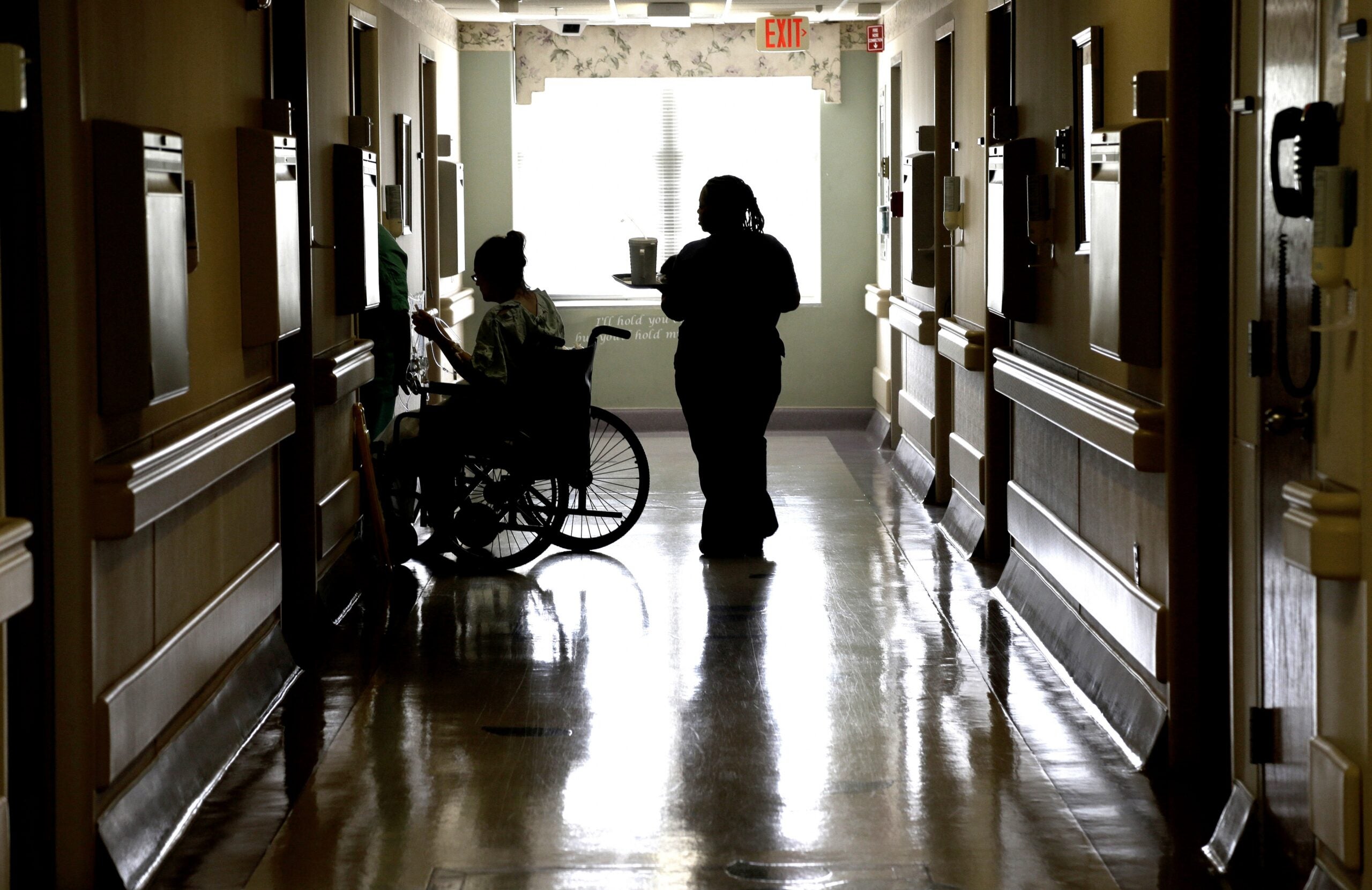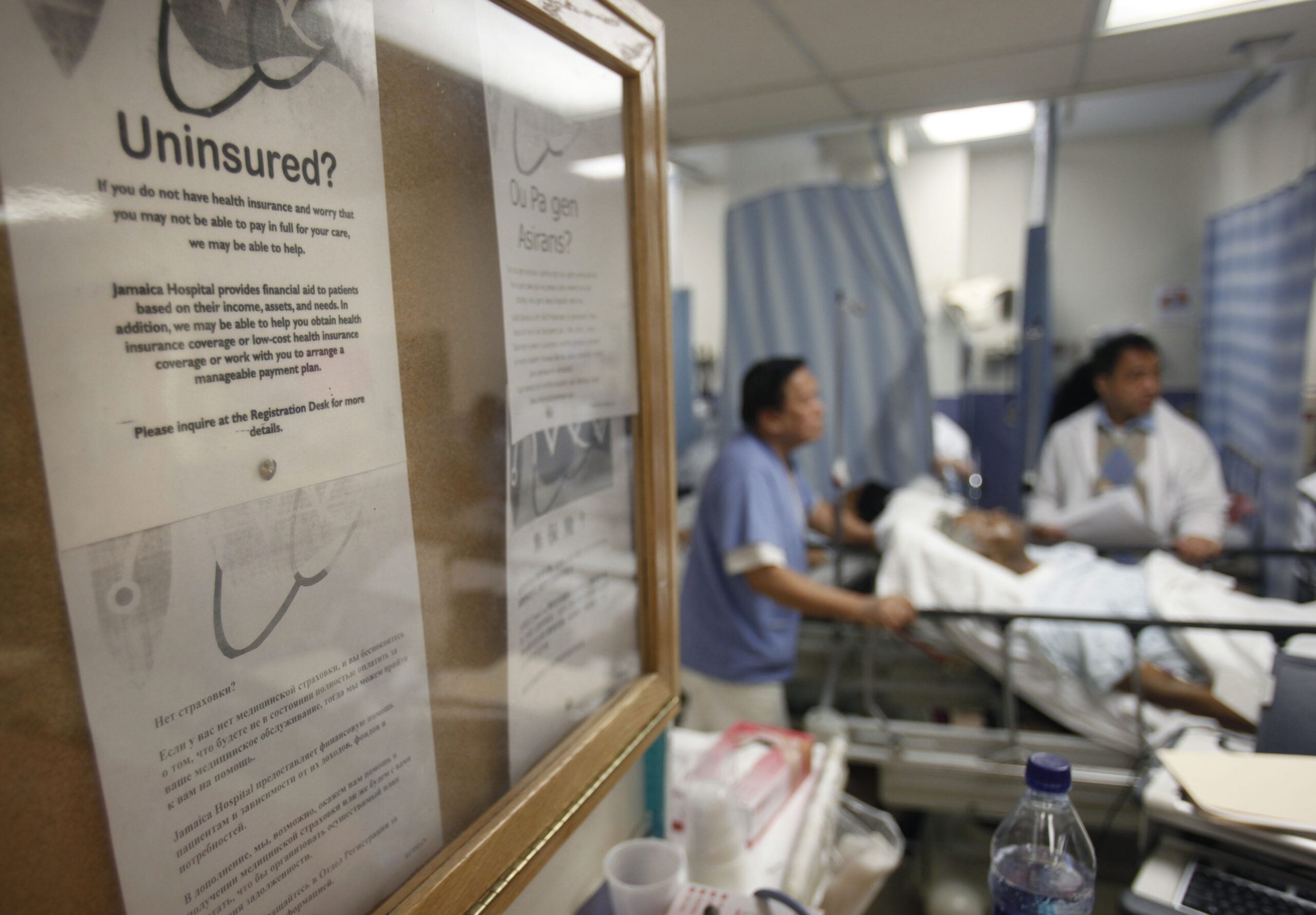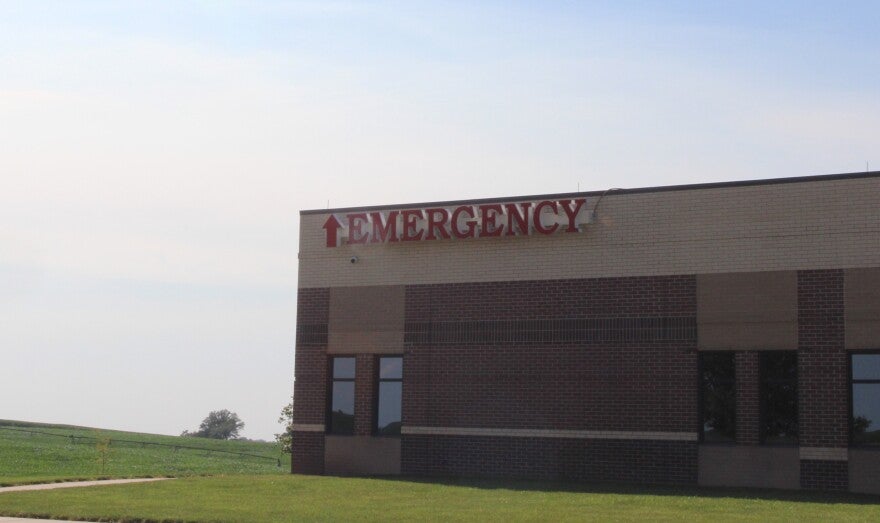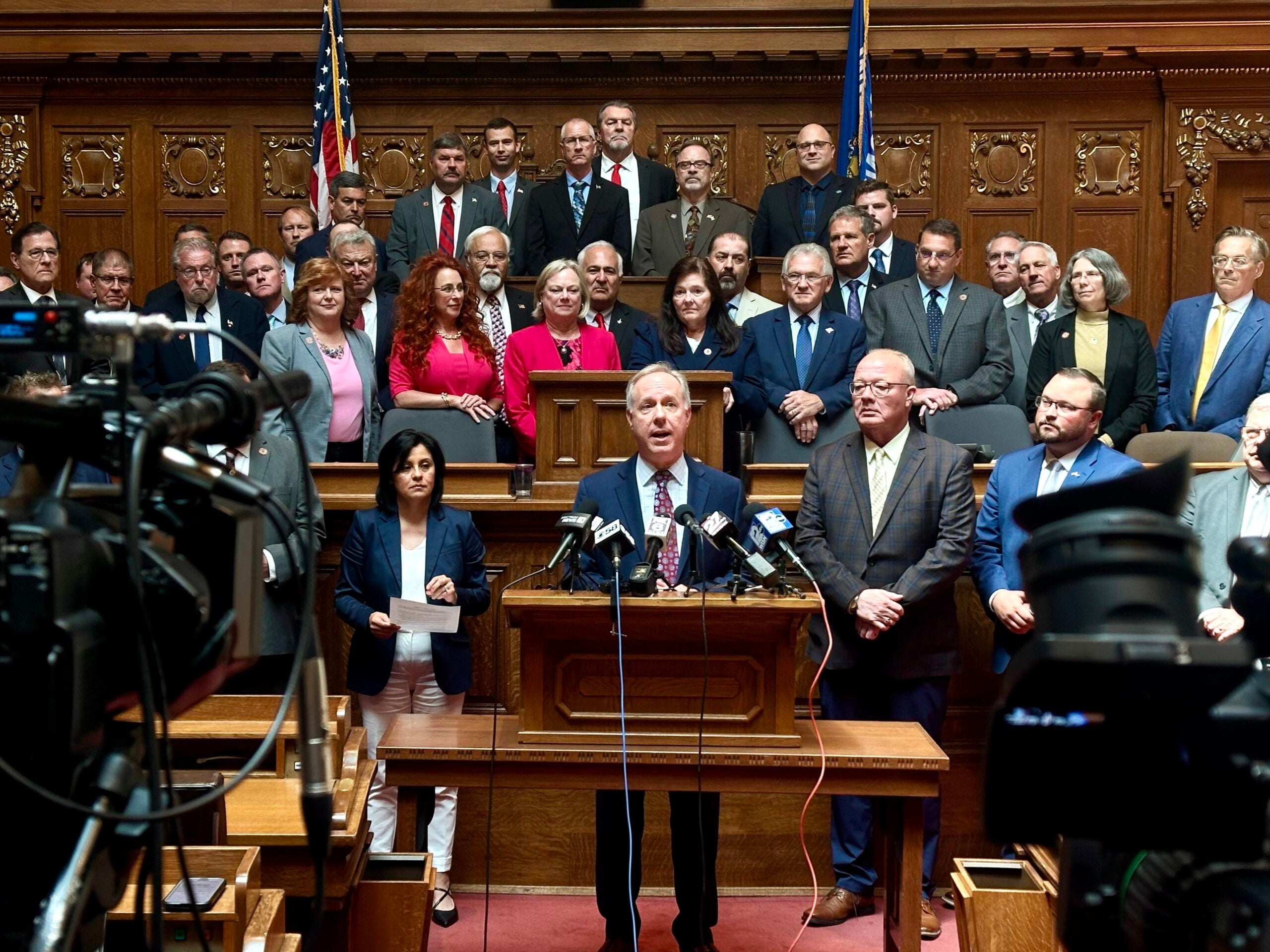A series of proposed cuts to Medicaid and other health care funding could be “devastating” for Wisconsin’s rural hospitals, according to the head of an organization that works to improve access to health care in rural areas.
House Republicans in Congress are currently deliberating over a large bill that would reduce funding in a variety of areas, including federal pensions, Medicaid and the Supplemental Nutrition Assistance Program, or SNAP.
Proposed Medicaid cuts could lead to more than 10 million people losing Medicaid coverage nationwide over the next decade, according to the Congressional Budget Office.
News with a little more humanity
WPR’s “Wisconsin Today” newsletter keeps you connected to the state you love without feeling overwhelmed. No paywall. No agenda. No corporate filter.
A leaked copy of President Donald Trump’s proposed budget for the Department of Health and Human Services also eliminates several forms of funding used by rural hospitals like the Medicare Rural Hospital Flexibility Program and the Small Rural Hospital Improvement Program. The proposal would eliminate funding for the state offices of rural health, as well.
The combination of these cuts could lead to more hospital closures in rural parts of the state, Wisconsin Office of Rural Health Director John Eich told WPR’s “Wisconsin Today.”
“In public analysis of the financial outcomes for rural hospitals in Wisconsin, 10 of them are operating in a negative margin as of [early] 2024,” Eich said. “If someone is on the bubble like that … to lose Medicaid coverage, to lose the support from programs like our office, can be the factor that causes that facility to close.”
Reporting from The Washington Post finds that the U.S. Department of Government Efficiency, or DOGE, is requiring government officials to manually review and approve previously routine payments. The Post reports that this is leading to backlogs and thousands of delayed payments, with some groups waiting for payments slated to arrive weeks ago.
Eich argued delaying payments is a way of using red tape to make additional funding cuts.
“While it may not say directly, ‘we are closing your program’ like AmeriCorps or USAID [the United States Agency for International Development], what could be happening is that the grants will just never get approved and therefore, in our office, we’re going to have to lay off staff. These programs are going to close their contracts and services to rural hospitals,” he said. “It’s not a happy prospect for our state.”
Eich estimated that about 80 to 90 percent of Wisconsin’s rural health funding comes from federal dollars. He said that if grants set to end from May through September aren’t renewed as they normally would, the state office of rural health will have to shutter programs and let staff go.
“If you don’t fund an organization for a couple of months, then there is no longer staff. There is no longer an office because the rent can’t be paid. You can’t just pour water on that plant and have it spring back to life, the plant has died,” Eich said. “My worry is that there just won’t be an Office of Rural Health to fund again.”






